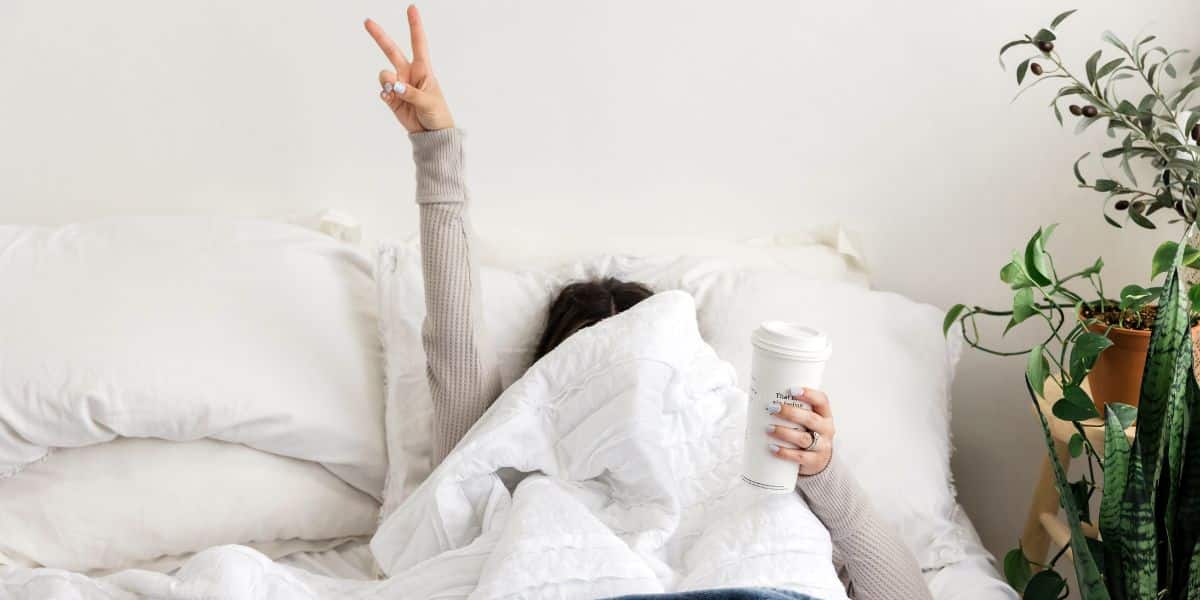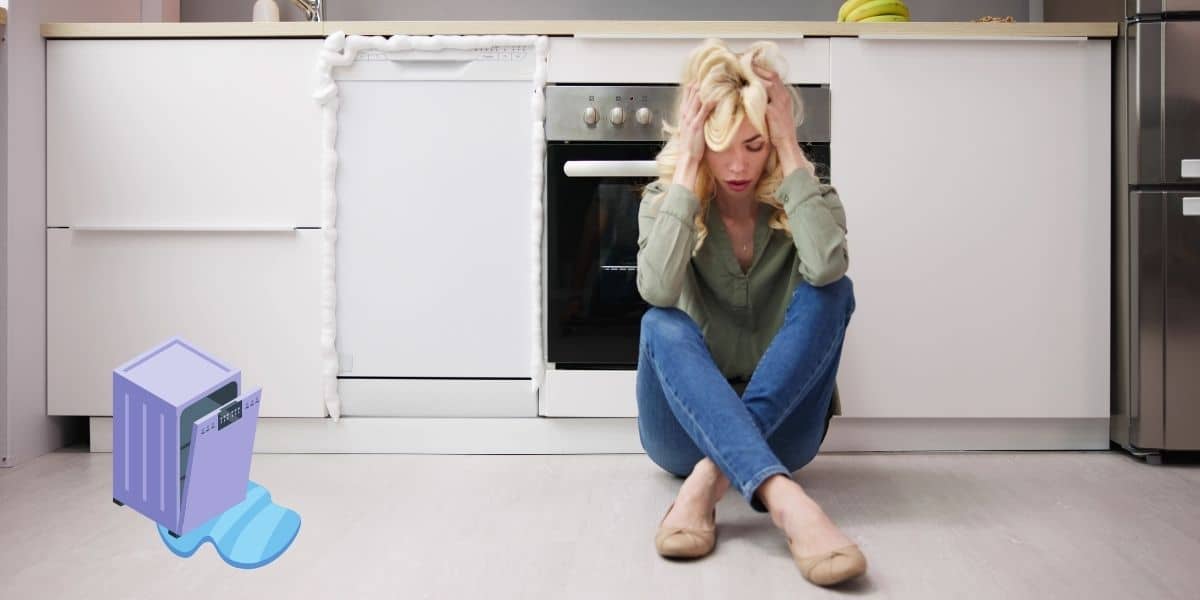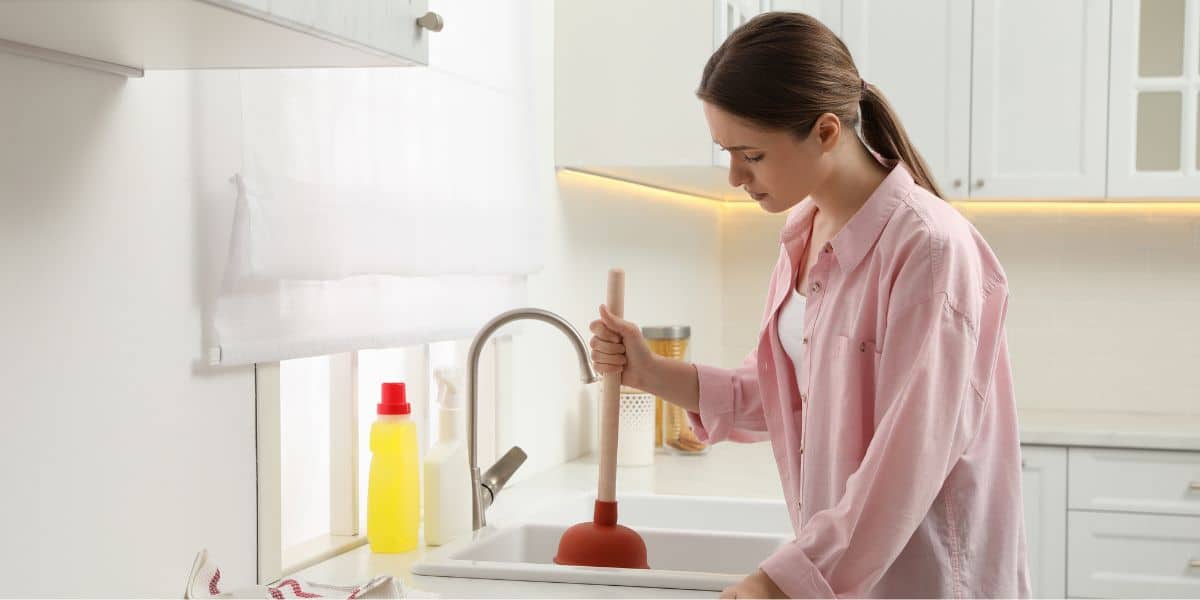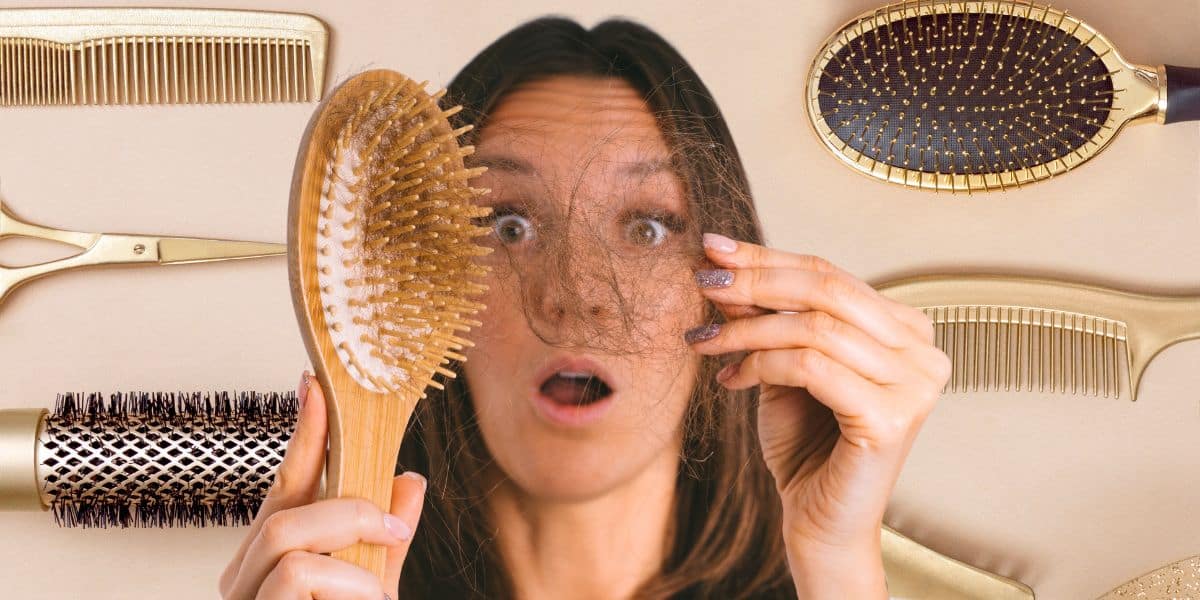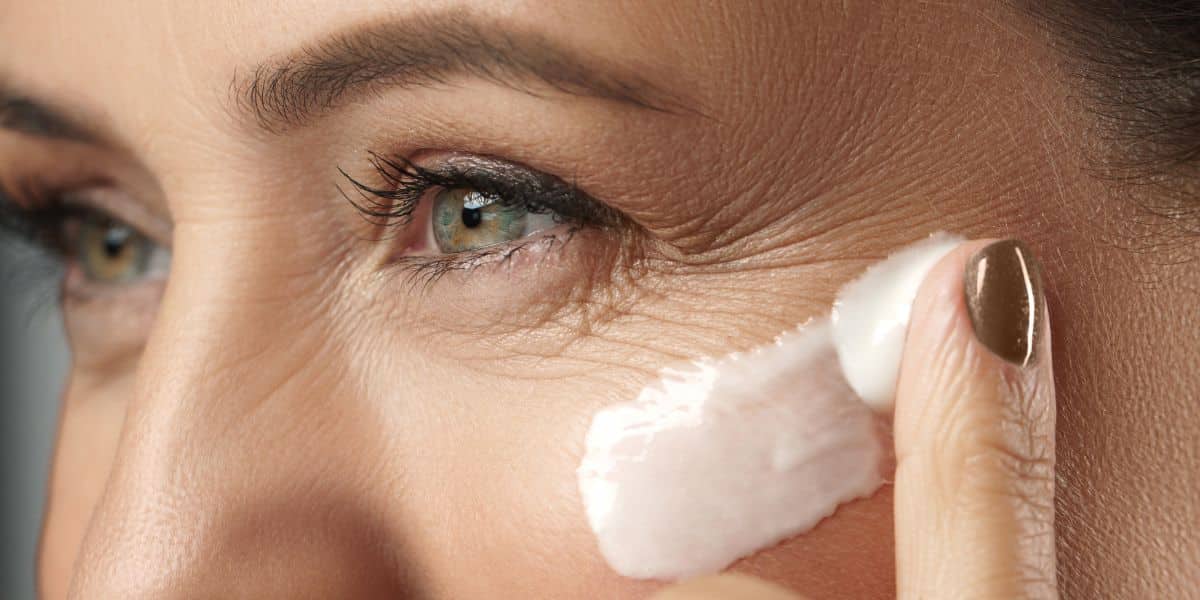Maintaining proper hydration is more important than many realize, particularly when it comes to achieving restful and rejuvenating sleep. Scientific studies have shown strong links between sleep quality and hydration levels. A well-hydrated body not only contributes to the optimal functioning of various bodily systems but also significantly influences how well we sleep at night. In this article, we will explore the relationship between hydration and sleep, offering science-backed tips for ensuring you stay hydrated for better sleep.
Understanding the Science Behind Hydration and Sleep
Water is essential for numerous physiological functions, including the regulation of body temperature and the maintenance of electrolyte balance. When our body is not adequately hydrated, it can lead to a decline in sleep quality and duration. Research has indicated that dehydration can result in symptoms such as fatigue and irritability, both of which can adversely affect one’s ability to fall asleep and stay asleep. Ensuring that you consume enough water throughout the day lays the groundwork for better sleep at night.
The Impact of Dehydration on Sleep Quality
Studies show that insufficient fluid intake can disrupt your sleep patterns. Dehydration may lead to more nightly awakenings and a lower overall sleep duration. It’s been noted that many individuals who experience insomnia or other sleep disorders often overlook their hydration levels. A hydrated body supports smoother metabolic processes, and when these functions are in check, the body is more capable of entering deeper sleep stages.
Hydrate Wisely Before Bed
For those wondering whether to drink water before sleep, the answer can be both yes and no. Some people find that drinking a glass of water before bed helps them to relax and prepares their body for sleep. However, for others, this can lead to frequent trips to the bathroom throughout the night. The key is to find a balance: ensuring you’re hydrated during the day and consuming an appropriate amount of water in the evening can help. Try to limit excessive fluid intake closer to bedtime to minimize disruptions.
Practical Tips to Stay Hydrated for Better Sleep
Staying hydrated throughout the day is critical for achieving better sleep at night. Here are several science-based tips to help you manage your hydration levels:
- Keep a refillable water bottle nearby to encourage consistent sipping throughout the day.
- Incorporate water-rich foods into your diet, such as fruits and vegetables, to help maintain hydration.
- Aim to drink at least eight 8-ounce glasses of water daily, adjusting based on your activities and climate.
- Monitor your hydration levels by paying attention to the color of your urine; pale yellow typically indicates proper hydration.
FAQ
What symptoms indicate I might be dehydrated? Common signs of dehydration include dry mouth, fatigue, dizziness, and infrequent urination. If you notice these symptoms, increasing your fluid intake can help.
How can dehydration contribute to insomnia? Dehydration can lead to discomfort, including headaches and muscle cramps, which may disrupt sleep and worsen insomnia symptoms.
Can herbal teas count towards daily water intake? Yes, herbal teas can be a flavorful way to stay hydrated, and they often contain beneficial antioxidants that support overall health.
Are there specific fluids to avoid that may hinder hydration? While fluid intake from various sources is helpful, beverages such as alcohol and caffeine can have dehydrating effects, so moderation is key.
Is it possible to overhydrate? Yes, though rare, excessive water intake can lead to a condition known as hyponatremia, which dilutes sodium levels in your blood.
Benefits of Staying Hydrated for Sleep
Adequate hydration does more than improve sleep quality; it also enhances physical performance and mental focus. Hydration supports numerous bodily functions, including digestion, metabolism, and circulation. Those who remain well-hydrated report experiencing fewer headaches and digestive issues, promoting an overall sense of well-being, which contributes to healthier sleep patterns.
In addition to drinking enough water, creating a calming bedtime routine can further enhance relaxation. Taking a warm bath or engaging in relaxing activities before bed can optimize your body’s readiness for sleep.
As we’ve uncovered throughout this article, hydration is paramount for improving sleep quality. By paying attention to your daily water intake and making small adjustments, you can tremendously enhance your overall sleep experience. Remember that hydration plays a critical role in your physical and mental health; staying adequately hydrated will set you up for a more restful night.
We invite you to return for more insights into lifestyle topics such as astrology and horoscopes, and feel free to share these articles with friends and family who may benefit from this essential information!

